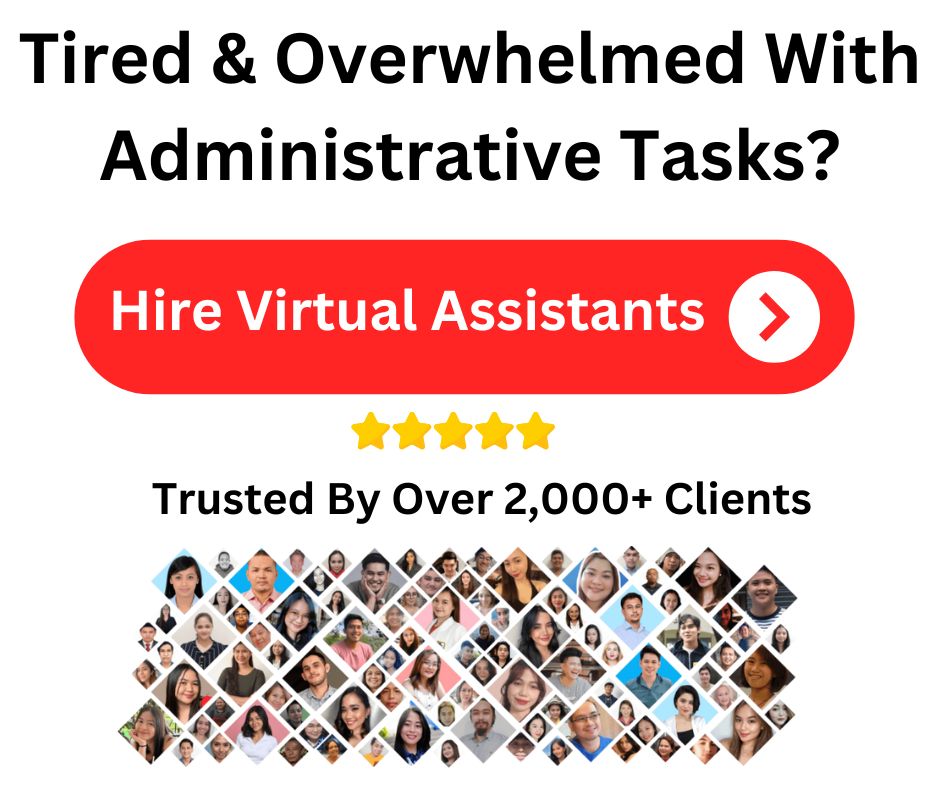40 Corporate Governance Must-Knows
Welcome to a deep dive into the world of corporate governance!
Whether you’re just starting in the business world or managing a multinational corporation, understanding and implementing robust corporate governance practices is paramount for long-term success and sustainability. In this comprehensive blog, we’re unfolding 40 must-know principles that will serve as your compass through the intricate landscape of corporate governance.
Before we jump into our list, let’s cement the essence of corporate governance. It’s not just a set of rules to follow; it’s the very backbone that allows a business to stand tall, navigate complexities, and maintain trust in the marketplace. Good corporate governance is the architecture that ensures the interests of all stakeholders are balanced and protected. It steers business operations towards ethical, legal, and sustainable decisions that contribute to both the economy and society.
While the concept may sound academic, its execution is deeply practical. From board responsibilities to transparency in financial reporting, corporate governance permeates every layer of an organization, influencing its direction and reputation. It is a critical management tool that can avert crises, foster innovation, and ensure a resilient corporate culture.
Why Corporate Governance Is Essential
A business without a solid corporate governance framework is like a ship without a rudder—vulnerable and directionless. Stakeholders, whether they are shareholders, employees, or society at large, entrust the board of directors with the company’s strategy, performance, and culture. Here are a few reasons why good governance is crucial:
- Builds Trust: Transparent governance practices foster trust among stakeholders, including investors and customers.
- Enhances Reputation: Ethical decision-making under strong governance bolsters a company’s reputation.
- Attracts Investors and Talent: Businesses with robust governance structures appeal to top talent and investment.
- Drives Performance: Accountability and clear roles and responsibilities drive better business performance.
- Sustains Engagement: An engaged board and workforce are outcomes of good corporate governance principles, ensuring sustainability.
-
The Role of the Board: Understanding who’s on the board and what they should be doing is the cornerstone of effective governance. We’ll cover board composition, the division of responsibilities, and the importance of independence.
-
Stakeholder Engagement: Learn why and how to engage stakeholders beyond shareholders, from employees to the community and the environment.
-
Culture and Corporate Governance: Discover how corporate culture influences governance and why it’s essential to get it right.
-
The Ethics of Corporate Governance: Ethics isn’t just a corporate buzzword; it’s the bedrock of sound corporate governance. We’ll explore frameworks for ethical conduct.
-
Transparency and Accountability: Understand the value of being an open book in the business world and how to maintain high levels of corporate accountability.
-
The Role of Shareholders: Delve into shareholder rights, their role in governance, and strategies for engaging them constructively.
-
Executive Compensation: The topic of ‘fat-cat’ pay is a hot one, but there are sensible ways to structure executive compensation that tie rewards to corporate performance and long-term sustainable growth.
-
Corporate Governance Codes and Standards: These are not just regulatory hoops to jump through – they can be powerful guides for structuring governance activities.
-
The Board’s Role in Strategy: Boards are not management, but they play a critical part in developing and overseeing the execution of business strategies.
-
The Challenges of Board Diversity: It’s beyond gender and race. A truly diverse board brings varied experiences and thought leadership that is hard to replicate.
-
The Audit Committee: One of the most important committees, learn about its role, responsibilities, and the caliber of person who should sit on it.
-
The Risk Committee: Understand how this committee helps identify, assess, and mitigate risks that could threaten the business.
-
Board Evaluations: Regular board evaluations can identify areas for improvement and better utilization of board member talents.
-
The Board and Corporate Culture: The board has an important role in setting and maintaining the company’s culture, and we’ll show you how to do it.
-
Corporate Governance and Innovation: Good governance can fuel innovation by creating an environment where risks – and the potential for failure – are tolerated in the pursuit of growth.
-
Board Meetings and Best Practices: Run effective board meetings that extract value from these important gatherings while respecting members’ time.
-
Effective Board Leadership: Apart from the Chair, who is also important, look at the role of Lead Director and how effective leadership can steer the board to success.
-
The Role of the General Counsel: The General Counsel, as a key advisor to the board, plays a vital role in governance that goes beyond mere legal wrangling.
-
Board Composition and Renewal: Stale boards lead to stale ideas. We’ll show you how to continually refresh board composition to keep the company vibrant.
-
The Impact of Institutional Investors: With significant clout, institutional investors can profoundly affect a company’s direction. Learn how to work with them constructively.
-
Mergers and Acquisitions: Good governance guides the company through M&A, ensuring the pursuit of synergy, not squandering of shareholder value.
-
Handling Corporate Crises: Crises will happen. Good governance prepares boards and management to handle these moments with acumen and integrity.
-
Whistleblower Policies: Encouraging employees to speak out against company misdeeds without fear of reprisal is a cornerstone of good corporate governance.
-
Ensuring Board Independence: Independence is not just a matter of who is on the board, but also how they act. We’ll discuss strategies to maintain this crucial element of governance.
-
Executive Succession Planning: One of the board’s primary roles is planning for the company’s future – including its leadership. Robust succession plans are vital in this endeavor.
-
Cybersecurity and the Board: In the age of digital, the board must understand and oversee the company’s cybersecurity framework to protect not only data but reputation.
-
Measuring the Board’s Effectiveness: Effective governance requires an effective board. We’ll explore metrics to gauge how well the board is performing.
-
Board Compensation: Just as execs are paid for performance, the compensation of board members should encourage contribution and not just meeting attendance.
-
Investor Relations: The board should not be a distant entity. Learn how strong investor relations keeps the board connected to shareholder concerns.
-
Fiscal Responsibility: The board is ultimately responsible for the company’s financial health. We explore strategies for maintaining fiscal responsibility.
-
Evading Groupthink: Boards that march in lockstep can’t effectively challenge management or adapt to changing conditions. Strategies to avoid groupthink are crucial.
-
Legal Compliance: Boards must ensure the company operates within the law, including understanding legal obligations and potential areas of corporate liability.
-
ESG and Corporate Governance: Environmental, social, and governance (ESG) issues are increasingly tied to the board’s oversight responsibilities and company strategy.
-
Board and Executive Roles: There’s a delicate balance between the board’s role and the executive’s duties. We will explore how to maintain this important equilibrium.
-
Reporting and Disclosures: How the company reports its performance can speak volumes about its governance. We discuss best practices for reporting and the challenges of meaningful disclosure.
-
Technological Competence: A modern board needs a certain level of tech-savviness to understand and oversee the company’s technological initiatives and challenges.
-
Strategic Monitoring: The board’s monitoring role is crucial. But how does it remain strategic without crossing into micromanagement?
-
The Board and Corporate Social Responsibility: The modern board doesn’t just look at ROI; it considers its role in the community and the environment, aligning business goals with societal ones.
-
The Board and Acquisitions of Corporate Assets: Acquiring assets is a significant decision that can profoundly affect a company’s future. The board’s oversight here is critical.
-
Continuous Learning: Good governance practices should evolve with a changing corporate landscape. Board members need to be committed to continuous learning and improvement.
Conclusion
With these 40 corporate governance must-knows, you’re equipped with a robust framework that’s not only about ticking regulatory boxes but steering your business toward a sustainable and successful future. Remember, corporate governance is not static; it requires continuous learning and agility to adapt to the ever-changing business environment. By embracing the principles in this guide, you’re not just complying with governance standards – you’re maximizing the potential of your business and signaling to the world that you’re a company worth trusting and investing in.










